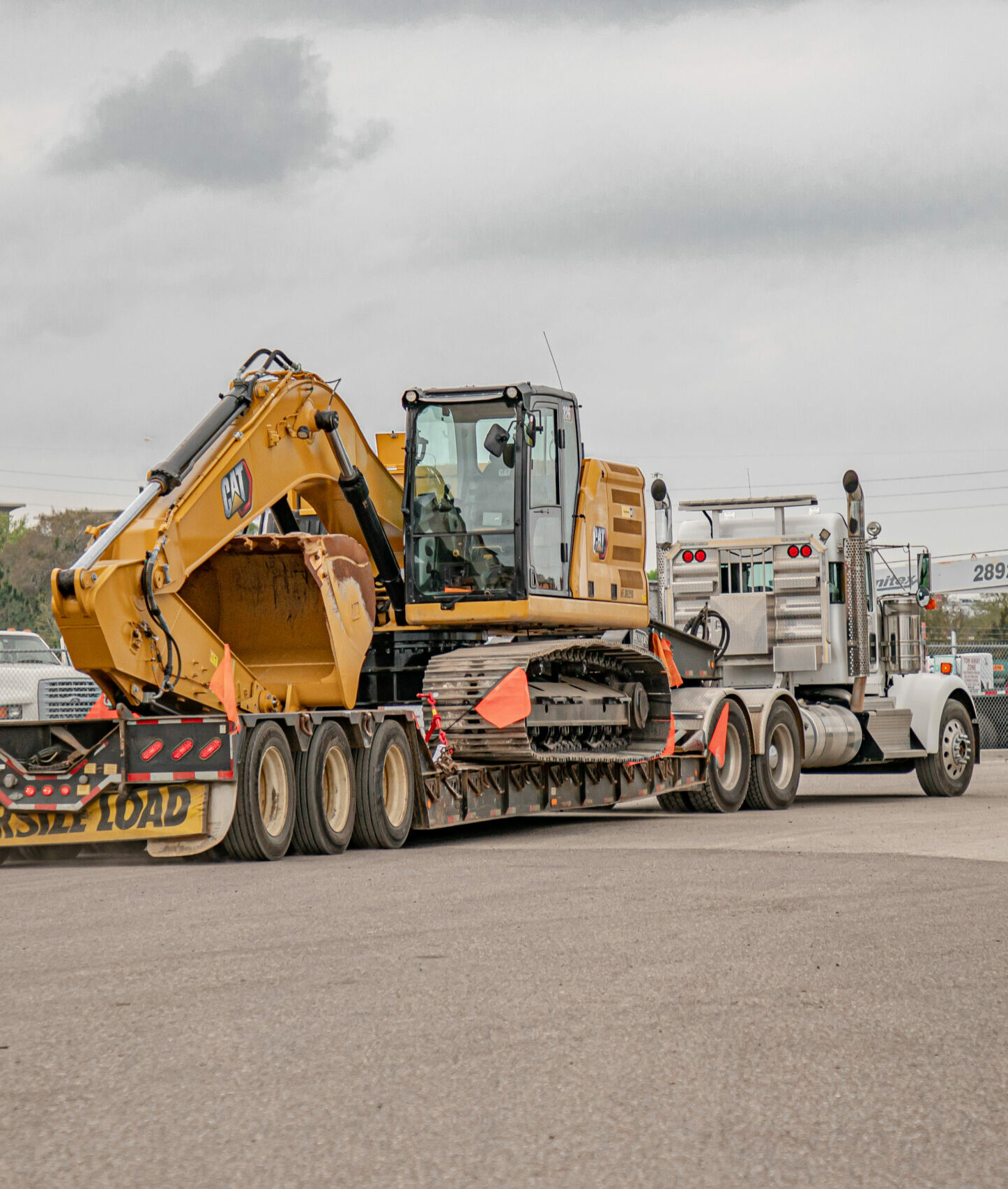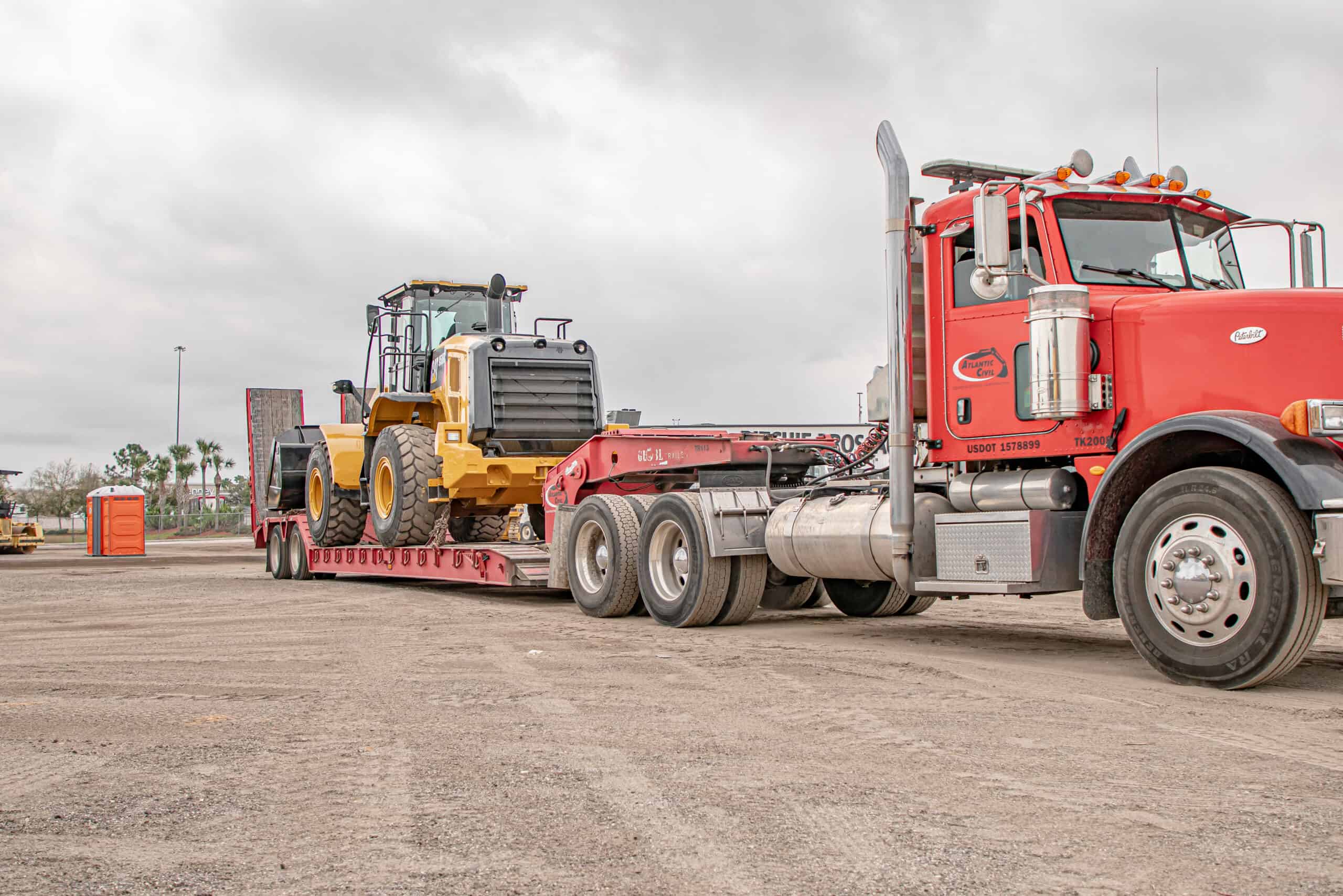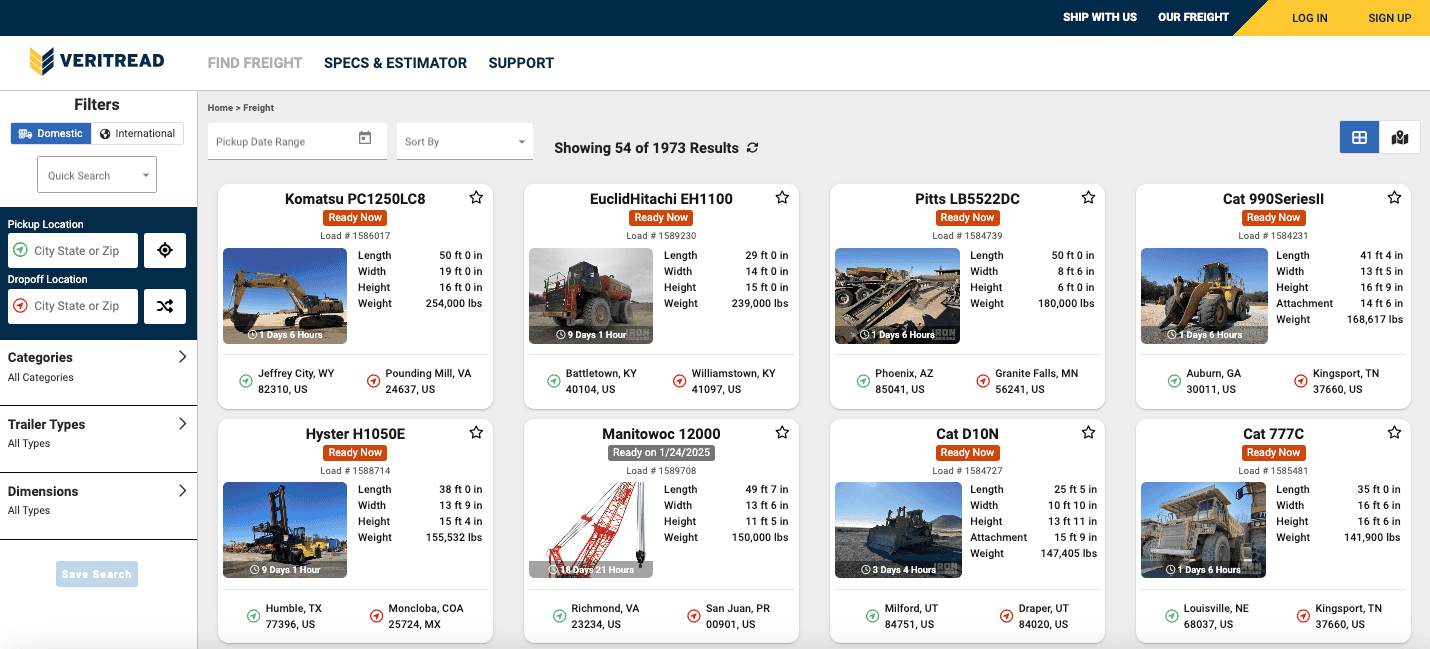Understanding the Costs of RV Transportation

RV Transportation can be a complex and expensive thing to do, with numerous factors influencing the final cost. Whether you’re relocating, purchasing a new RV from out of state, or moving your motorhome to a vacation spot, understanding the nuances of RV transportation costs is crucial. This article will dive into the various elements that affect the price, including RV size and weight, potential hidden fees, and tips on saving money without sacrificing quality or safety. We will also explore some cost-effective alternatives to traditional RV transport methods. By the end of this guide, you’ll be well-equipped to make informed decisions and find the best transportation solution for your needs.
Outline:
- What Factors Influence the Cost of RV Transportation Services?
- How Do RV Size and Weight Affect Transportation Costs?
- Are There Any Hidden Fees or Charges Associated with RV Transportation Services?
- How Can I Save Money on RV Transport Without Compromising on Quality and Safety?
- What Are Some Cost-Effective Alternates to Traditional RV Transport Methods?
What Factors Influence the Cost of RV Transportation Services?
- Distance: The longer the distance your RV needs to travel, the more it will cost to transport. This is because fuel costs, driver compensation, and wear-and-tear on the transport vehicle all increase with distance.
- RV size and weight: Larger and heavier RVs require specialized equipment and more resources to transport safely. They may also require permits for oversized loads, which can add to the cost.
- Time of year: RV shipping costs fluctuate throughout the year, similar to booking a flight. Peak travel seasons like summer and holidays typically mean higher transport costs. Consider scheduling your transport during the off-season for potentially lower rates.
- Delivery urgency: Expedited shipping comes at a premium. If you need your RV delivered quickly, expect to pay more than if you have more flexible scheduling.
- Type of transport service: There are different methods for transporting RVs, such as tow trucks, flatbed trailers, and enclosed trailers. Each method has its own advantages and costs.
- Company policies: Different RV transport companies may have varying rates and fees. It’s important to compare quotes from multiple companies to ensure you’re getting a fair price.
By understanding these factors, you can make informed decisions about your RV transportation and potentially save money.
How Do RV Size and Weight Affect Transportation Costs?
RV size and weight directly impact transportation costs in a few key ways:
- Space requirements: Bigger RVs take up more space on a transport trailer. This means fewer RVs can be shipped at once, limiting the carrier’s efficiency and potentially leading to higher per-unit costs for your RV. Imagine a flatbed truck; a large Class A motorhome occupies significantly more space compared to a smaller Class B van.
- Fuel efficiency: Larger and heavier RVs require more fuel to haul, which translates to higher costs for the transport company. They essentially have to burn more fuel per mile to move your RV compared to a lighter option.
- Specialized equipment: For oversized or overweight RVs, carriers may need to use specialized equipment like wider trailers or stronger winches. This specialized equipment can be more expensive to maintain and operate, adding to the transport cost.
- Permitting: Oversized and overweight loads may require special permits for travel on certain roads. Obtaining these permits can add extra time and expense to the transport process.
In simpler terms, a bigger and heavier RV is essentially more work for the transport company in every aspect. It takes up more space, requires more fuel, might need special equipment, and might have additional permitting fees. All these factors contribute to a higher overall transportation cost for your RV.
Are There Any Hidden Fees or Charges Associated with RV Transportation Services?
While the base quote for RV transportation might seem straightforward, there can be some hidden fees or additional charges to be aware of. Here’s what to watch out for:
- Permits: These permits can vary in cost depending on the route and the size/weight of your RV. Make sure the company clarifies if permit costs are included in the base quote or if they’ll be an additional charge.
- Fuel surcharges: Fuel prices can fluctuate, and some companies might add a fuel surcharge to cover unexpected rises in fuel costs during your transport. Inquire if the quote includes potential fuel surcharges or if it’s a fixed price regardless of fuel cost.
- Extra stops or storage: If your transport requires additional stops for pick-up or drop-off outside the originally planned locations, there might be extra fees involved. Similarly, if your RV needs to be stored for any reason before or after transport, there could be storage charges. Ensure you understand the flexibility of the service and any associated costs for changes.
- Limited access fees: If your RV is located in a place with difficult access for the transport vehicle (narrow roads, tight driveways), there could be additional fees to compensate for the extra time or difficulty involved in loading/unloading.
- Delivery upgrades: Expedited delivery or specific scheduling requests might come at an extra cost. Be sure the base quote reflects the standard delivery timeframe, and inquire about any additional fees for faster service.
How Can I Save Money on RV Transport Without Compromising on Quality and Safety?
Here are some strategies to save money on RV transport without sacrificing quality or safety:
- Be flexible with timing: If you have wiggle room in your schedule, consider transporting your RV during the off-season. Peak travel times (summer, holidays) see higher demand and prices.
- Plan ahead: Booking your transport in advance allows companies to potentially offer lower rates. They have more flexibility to schedule your RV alongside others going in the same direction, maximizing efficiency.
- Multi-stop options: Some companies offer discounts for transporting multiple RVs at once. If you know someone else needing RV transport along a similar route, inquire about multi-stop discounts.
- Downsize belongings: The lighter your RV, the less fuel it takes to transport, potentially leading to lower costs. Remove unnecessary items before transport to reduce weight.
- Winterization (if applicable): If transporting during cold weather, properly winterize your RV to avoid plumbing damage. Winterization can sometimes be offered as an add-on service by the transport company, but it might be cheaper to do it yourself beforehand.
- Get multiple quotes: Don’t settle for the first offer. Obtain quotes from several reputable RV transport companies and compare their rates, services, and included fees.
- Negotiate the price: Especially for longer distances or off-peak times, there might be some room to negotiate the price with the transport company. Be polite but firm in your request for a competitive rate.
- Don’t prioritize price over safety: While saving money is important, prioritize safety. Choose a reputable company with a proven track record, proper insurance coverage, and qualified drivers.
- Read reviews and check licensing: Research the company’s online reviews and check their Department of Transportation (DOT) licensing and safety ratings.
- Ask about insurance: Ensure the company has adequate insurance coverage for your RV during transport. Don’t be afraid to ask for a copy of their insurance certificate.
By implementing these strategies, you can find cost-effective RV transport without compromising on the quality and safety of the service. Remember, the cheapest option isn’t always the best. Prioritize reputable companies and prioritize safety measures while finding ways to optimize your transport costs.
What Are Some Cost-Effective Alternates to Traditional RV Transport Methods?
Traditional RV transport companies offer a reliable service, but they can be expensive. Here are some cost-effective alternatives to consider, but be sure to weigh the potential risks and time commitment involved:
- Towing yourself (with caution): This can be a significant cost saver, but only if you have the right equipment and experience. You’ll need a powerful tow vehicle with the capacity to safely handle your RV’s weight, along with towing knowledge and experience for long-distance travel. Factor in gas costs, wear-and-tear on your tow vehicle, and the risk of breakdowns or accidents during the trip.
- Driving the RV yourself (if feasible): This can be an option for shorter distances, especially if you’re traveling to your destination anyway. However, consider the wear-and-tear on your RV, gas costs, and the time commitment involved in driving long distances.
- RV relocation services: These services connect you with experienced RV drivers who can deliver your RV for a potentially lower cost than traditional transport companies. However, thoroughly research the company’s vetting process for drivers and ensure they are properly insured and qualified.
- Look for companies offering shared-load RV transport: Similar to how some freight companies share space on trucks, a few RV transport companies might offer similar options. This can potentially be cheaper, but availability might be limited, and your RV’s travel schedule might be less flexible.
Making Informed Decisions When Shipping Your RV
Shipping your RV can be an intimidating process, but with the right knowledge and preparation you can ensure a successful delivery. Understanding freight costs, researching carriers carefully, preparing your vehicle for transport, selecting appropriate insurance coverage and finding reliable shippers are all important steps to take when shipping your RV. By following these tips outlined in this article, you will have peace of mind knowing that you’ve made informed decisions during the entire process. If you have questions contact us at (800) 880-0468 or (863) 226-0903 and let our team of experts help you with your transport needs. With VeriTread’s vetted and experienced carriers, listing your shipment is easy and hassle-free. So don’t wait any longer – get started today!
veritread products
Top Articles
Freight Types
recent posts

Basic Tips of Heavy Equipment Transport

Understanding Equipment Transport Services


